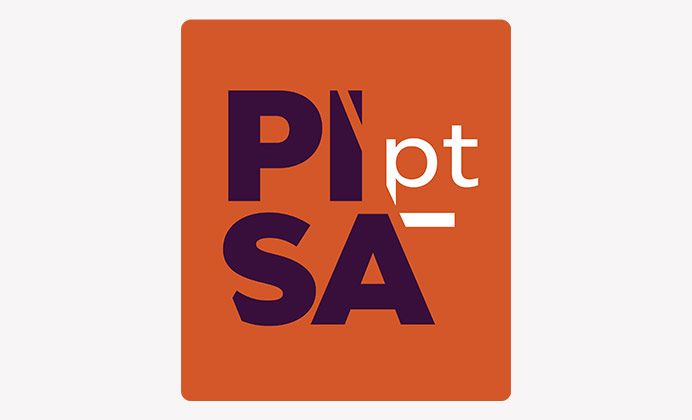Projects
PISA_PT: A success story? Portugal and the PISA (2000-2018)
Grand international studies, such as TIMSS, PISA, PIRLS, or TALIS, have become one of the main governance technologies in the fields of education and training today. Among these studies, PISA is certainly the one that exerts the greatest influence on policymakers, school managers, or the media. There is a vast international critical literature (e.g., Carnoy 2015; Meyer & Benavot 2013; Pereyra, Kottoff & Cohen 2011) that has questioned this dimension of 'global governance.' Works on Portugal's participation in these studies, particularly in PISA, are few and very limited in their scope (e.g., the KNOWNandPOL project; CNE 2010, 2013).
Portugal has participated in PISA since its first cycle in 2000. As a country from the (semi) periphery of Europe that underwent a very late expansion of mass schooling (Teodoro 2001), Portugal presented below-average results in all cycles in which it participated until 2012. In 2015, the results exceeded this average in all three domains analyzed (Scientific Literacy, Mathematics, and Reading), and Portugal began to be presented by the OECD as a "success story" in the context of European (and developed) countries, with a consistent improvement since 2006 (OECD 2016).
The research project analyzes all cycles of Portugal's participation in PISA (and, secondarily, in other international studies in which the country participated), comparing the processes adopted in data collection. However, the central problem formulated directly is: what are the implicit and explicit implications of Portugal's participation in PISA, or, in other words, how have different national actors (policy-makers, school managers, teachers and their unions, parental associations, media) appropriated the process and included the results of this participation in discourses, public policies, and professional practices?
Although this is a study in which the unit of analysis is the national space, the methodologies adopted will not be those of 'methodological nationalism.' Education research requires an awareness that what is designated as 'education' is a complex of knowledge processes that are constructed on multiple scales? Outside and inside national borders (Robertson & Dale 2008).
The team assembled brings together researchers from various generations and scientific competencies and professional backgrounds, including the first director of GAVE, responsible for Portugal's participation in the cycles of 2000, 2003, and 2006. Among the consultants are the researcher responsible for the first study on Literacy in Portugal (Benavente et al. 1996), later a policy maker responsible for Portugal's participation in PISA, and a Brazilian researcher from INEP, the agency responsible for that country's participation in PISA. The project benefits from the knowledge produced in the RIAIPE Network, where these issues have been the subject of national studies.
Research Team
- Ana Benavente
- Ana Carita
- Ana Lourdes Alves de Araújo
- Ana Sofia António
- António Teodoro
- Carla Galego
- Carlos Décio Cordeiro
- Daniela Mascarenhas
- Elsa Estrela
- Glória Ramalho
- João Luiz Horta Neto
- João Sampaio Maia
- Leonor Borges
- Rosa Serradas Duarte
- Teresa Teixeira Lopo
- Vítor Rosa
- Vitor Duarte Teodoro
- Período Date
03.09.2018 to 02.03.2022 - Financiamento Funding
FCT – Fundação para a Ciência e Tecnologia: 230.561,52 EUR - Referência do Projeto Project Reference
03.09.2018 a 02.03.2022



